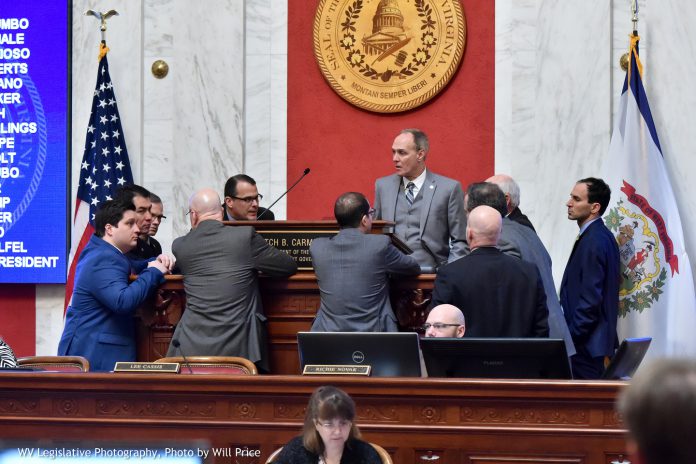As of 4 p.m. Friday, January 18, 2019, the 10th day of the first regular session of the 84th Legislature, 354 bills have been introduced to the senate. Of those bills, nine have passed and have been sent on to the House for further consideration.
Senate Bill 10 relates to Second Chance Driver’s License Program. The Program allows temporary reinstatement of an individual’s driver’s license that has been suspended or revoked to due failure to pay court fees as a result of a motor vehicle violation, or has failed to appear in court when charged with a criminal offense. Under the Second Chance Program, the DMV can temporarily stay a driver’s license suspension or revocation for individuals accepted into the programs if the individual remains current in the repayment of unpaid court costs as required by the established repayment plan.
The bill would modify the relevant code provisions in two ways:
- By providing that when a person is accepted into the program, the DMV coordinates with the courts to get a full accounting of all unpaid courts costs assignable to the applicant.
- By providing that 100% of payments received as repayments of affine, forfeiture, or penalty are sent back to the courts.
Senate Bill 24 relates to local boards health. The bill would require the Legislature to include funding in the appropriation of the DHHR that must be used for pay raises for employees of local board of health when an across the board pay increase is provided for state employees. The bill would also require the funding be ongoing.
Senate Bill 27 would remove current restrictions on where certain KENO themed lottery games may be played. Currently these games may only be played at locations that are authorized to sell alcohol. The bill would allow these games to be sold at all traditional lottery licensed retail locations.
Senate Bill 28 would remove the current $200,000 limitation on the amount collectable by a county via the hotel occupancy tax that may be used for medical care and emergency services.
Senate Bill 36 would provide protections for any person who retires under an employer-provided defined benefit pension plan. If that pension plan terminates prior to or after the retirement of that person and the pension plan is covered by a guarantor whose maximum benefit guarantee is less than the maximum benefit to which the retiree was entitled, the protection provided by the bill would be then put into place.
If the Tax Commissioner determines that this adjustment reduces the revenue of the state by 2 million or more in any one year, then the Tax Commissioner must reduce the percentage of the reduction to a level at which the Tax Commissioner believes will reduce the cost of the adjustment to 2 million for the following year.
Senate Bill 190 relates to a rule proposed by the State Personnel Board for a new pay plan for the division that allows salaried and hourly classified service employees to be compensated for hours worked after the accumulation of 40 hours for the work week, even if annual or sick leave was used during that time. The employee must occupy a position that is paid either premium or straight-time for overtime hours worked. The proposed rule has also been amended by adding the required sunset provision.
Senate Bill 177 contains a proposed rule which amends a current legislative rule by adding a required sunset provision and by updating an energy efficiency standard for commercial buildings from the 2007 edition to the 2010 edition of the International Property Maintenance Code.
Senate Bill 106 would provide for a tax credit for income taxes imposed by and paid to a foreign country.
Senate Bill 272 would update code relating to Commission on Special Investigations. It would provide the Commission more backing, and adds more regulation on how the Commission conducts investigations.
- The bill specifies that the President and the Speaker are to be one of the members from each of their respective houses and that they are to serve as chairs of the Commission.
- The bill states that the investigative staff is to consist of a director, a deputy director, senior investigators and investigators approved by the co-chairs.
- The bill allows the commission to request rather than subpoena records for state, county, and local government entities.

